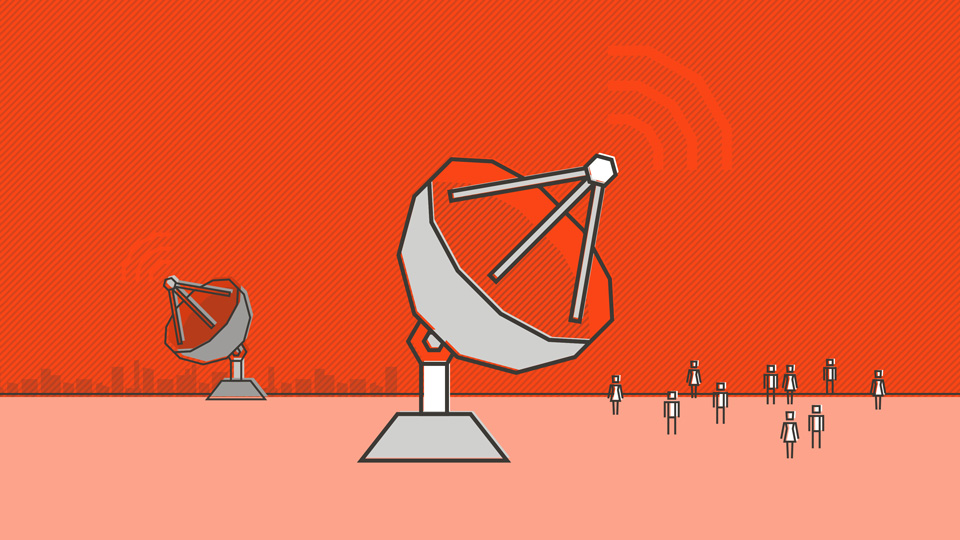I’m living proof that mentorship matters in the data center industry
Alfonso Portillo entered the data center industry at 22 years old. After a baptism of fire, mentorship from his peers and early bosses helped him carve out a fulfilling and expansive data center career.
Now Yondr’s Vice President of Design and Construction for the Americas, Alfonso reveals the role mentorship has played in his life and how he helps empower others in the same way.
Written by Alfonso Portillo
I’m here by mistake.
I thought I was going to be an intellectual property lawyer. That was the highest-paying job out of college when I was a teenager, so I thought it was the quickest route to the good life.
Back then you had to have an engineering degree to go into intellectual property, so I studied electrical engineering at an undergraduate level.
It turned out law school wasn’t my kind of thing at all. And I much preferred my electrical engineering friends to the law school crowd. But I needed a job before I could jump ship.
As luck would have it, I’d interviewed for a general contractor position at a construction company during a job fair at college. I’d only gone along for interview practice but they offered me the job. So I called them, explained the situation and they agreed to honor the job offer.
The first project they put me on was a data center.
Love at first site
My first time on a job site, and I must have been wandering around like a child lost in a shopping mall because after an hour or two the project manager pulled me aside.
‘You have been on a job site before, right?’ he asked.
I couldn’t lie.
‘Well, actually, no, I haven’t,’ I confessed.
Seeing me as a liability (which I probably was), he told me to leave the site and go straight to OSHA 30 – a thirty-hour construction training course.
When I returned to the site I immediately fell in love with everything about the job – the people, the work, and the data center industry as a whole. This was it. I wanted to do this. And I wanted to get good at it.
I’ve built nothing but data centers since—and I still love it.
Learning the ropes
Those first few months were like drinking water from a firehose. There was so much to learn – and the code names! I couldn’t believe how many there were. It was like learning a new language. I remember calling my mom and saying, ‘I don’t know what everyone’s talking about.’
But I gradually picked it up. And I quickly figured out how I could be useful to the team. As the youngest on site, I knew I couldn’t contribute wisdom or experience. Even people under me, professionally speaking, had forgotten more than I’d learned.
However, I’m a detail-oriented person by nature and my engineering degree trained me to focus on the technical minutia. By focusing on those details I could add value.
So I started speaking up in meetings, only ever commenting on the technical details that I knew I understood. And people were soon approaching me with questions and giving me meaningful work to do.
Around that time, one of my first mentors Armando told me: ‘This business is 80% people, Alfonso. Find a way to build relationships and network. Your word has to mean something.’
So I bought business cards and gave them out to everyone I met. I sent follow-up emails to people after events. And it worked: I was invited to Kansas City to build a data center.
Grinding it out in Kansas
In Kansas, I found myself out of my depth again. I was asked to write a scope of work worth millions of dollars and I had no clue how to write one, so I asked for an example to reference. It was possibly the worst scope of work anyone has ever written.
To compensate for my lack of experience, I decided to outwork everyone else. I’d be the first to arrive and the last to leave. My sheer grit and grind would make up for my gaps in knowledge.
I also made a point of being completely honest with people. If I didn’t know something, I’d say. Taking heed of my earlier mentor’s advice, I knew people needed to be able to take me at my word so I refused to lie or make decisions based on my ego’s gratification.
One of the guys, Jack, noticed my effort and enthusiasm. He’d invite me to stroll the site with him and point things out as we walked, explaining how they worked, why they mattered, and what we could do to improve them in the future.
Jack was mentoring me. It was never explicitly stated – it rarely is – but there was an understanding between us. And as a guy in his fifties at the time, I’m sure he felt that he had something to pass on and I dare say he enjoyed sharing his knowledge.
Having someone teach you like this is invaluable. You learn fast. Within a couple of weeks, I could talk intelligently about things I’d previously struggled to understand.
Mi nombre es Alfonso
Growing up, I was part of the large Spanish population in my neighborhood. Everyone was friendly and people mixed freely. I was, therefore, blissfully unaware of racism.
That changed when I went to college. With only a 10% Spanish population, I was suddenly a minority in a small Texan town – and I became acutely aware of my Spanish heritage, especially the Spanish accent to my name.
I found it easier to call myself Al rather than Alfonso because it saved me from having to repeatedly spell my name for people and explain my background. I continued this habit into my professional life.
However, early in my career I was exposed to Hispanic leaders who were making a conscious effort to mentor other minorities in the industry. They were so inspiring they made me realize the impact I could have on others. But first I needed to be intentional about who I was and take ownership of my heritage.
I’ve introduced myself as Alfonso ever since. And I let my Spanish accent shape the letters of my name. Now, if someone calls me Al I correct them (politely, of course).
After giving a talk recently, I received an email from a Hispanic girl saying how proud she was to hear me pronounce my name with a Spanish accent as my parents intended for it to be said.
This might not fit the textbook definition of mentorship. But seeing Hispanic leaders own their heritage encouraged me to do the same. Through example, they taught me that I didn’t have to hide my identity in any way. And they were intentional about that – just as I am today.
4 top tips I learned from my mentors
I’ve learned so much from so many people. Listing them all could fill a book. But here are four gems that come to mind.
1. It’s a game of relationships – This industry is all about people. And it’s not one size fits all, so learn to manage relationships with different personalities and temperaments.
2. Your reputation is everything – It’s a small world and people can switch from the supply to the client side in a heartbeat. So treat everyone well and stay true to your word.
3. Be authentic – You must be unapologetically yourself in this industry. Because, otherwise, people will sense that you’re being fake and they’ll struggle to trust you or connect with you. Sounds simple, but owning who you are is much harder than it sounds.
4. Find a connection point – Be intentional about finding a point of commonality with other people. Everyone has points of commonality, learn how to find them and you’ll do well in life.
From mentee to mentor
I’m living proof of the power of mentorship. And I want to make sure I continue to pay it forward by mentoring others—hard-working, curious people who are loyal and honest, and humble enough to take feedback graciously.
If it weren’t for the long list of people that looked out for me and took me under their wing, I wouldn’t be where I am today. In fact, I might not even be in the industry.



